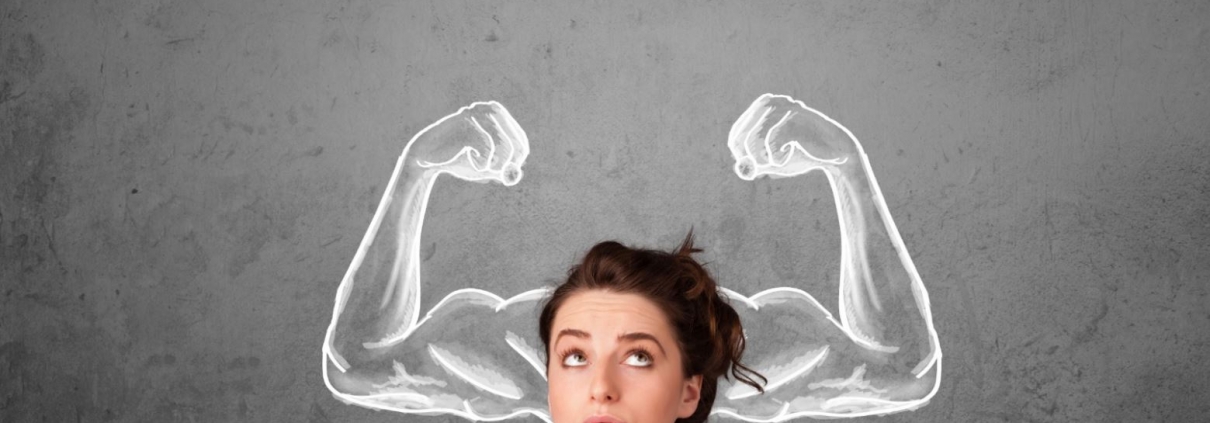Three Questions to Ask Yourself Before Competing (or before competing again!)
Competing can be a big decision and it impacts all areas of your life. I’m not psychologist, nor would I consider myself an expert, but I’ve experienced enough contest preps personally, as a husband to a pro competitor, a coach of hundreds of athletes, and gym owner, to make a few observations. I believe anyone that wants to compete should answer these three questions before they make the decision to compete or before they return to competing after a burnout or a break.
- Is my goal to win or is my goal to be my best?
This might seem like an easy question because the obvious answer is BOTH! But more often than not, these two achievements don’t line up. I’ve seen it many times where an athlete achieves their personal best package to date, but has been disappointed with their placing. I’ve also seen athletes be off their personal best and win. Obviously, the latter is much easier to handle, so we won’t focus on that too much. It’s very hard for competitors and hard for loved ones and coaches to watch someone achieve their best but be disappointed. The fact of the matter is that competing in physique competitions is a subjective sport that often involves the personal taste of a panel of judges. Those opinions and tastes can often create puzzling results. Not that the judges make bad decisions, but it’s just the nature of opinions and tastes. As much as sanctioning bodies try to create standards or judging criteria, there’s always taste involved. I always encourage athletes to create a physique that they think is the best. It should be better than the previous contest and always improving. You can only focus on what you can control and you can only control what you look like. If you have made your best effort to meet the judging criteria, you have a look that you think is your best, and you have improved to a personal best, you should be happy. You can’t control who shows up and you can’t control the tastes of a panel. You can of course be disappointed with the outcome of a placing, but your own happiness should be centered around your achievement of a personal best, not an outside opinion. This kind of outlook will keep you happier for longer and keep you in a sport you enjoy. If your happiness is based out of placings or satisfying others, you should really question if competing will be a good decision for you.
- Am I competing because I like it or is it a means to an end?
This is important to answer for yourself. The first part of the question is pretty straightforward – Am I competing because I like it? If the answer is not a clear yes, you should probably reevaluate. The second part of the question is a bit tougher, and it’s entirely possible that this is not an either/or question. You may enjoy competing, while it’s also a means to an end. Where people run into trouble is when they don’t enjoy competing but hope to achieve something because of competing. Common reasons include: hope for financial gain, notoriety or fame, or a goal with a deadline. If you don’t enjoy competing, financial gain, notoriety, and a goal with a deadline are all achievable without getting on stage and probably more efficient by other means.
- Does competing fit my other life goals and plans?
Probably the most important question of all. I’ve seen competing mesh very well into busy lifestyles and I’ve seen it cause huge disruptions. It really depends on the person, their situation, the intensity of their prep, and a few other factors. If you plan to compete, you should really make sure your family and close friends are on board with the goal. Competing can put a strain on relationships for a lot of reasons: time investment required by you, a heavy focus on yourself, lack of energy in the latter parts of the diet, and more. It’s also important that competing fits your career goals. Not many people can make a living competing and it can be disruptive to a job if you’re not prepared or careful. It’s important to make sure you can maintain your career goals while competing and make necessary safeguards like taking time off near the show to protect yourself.




